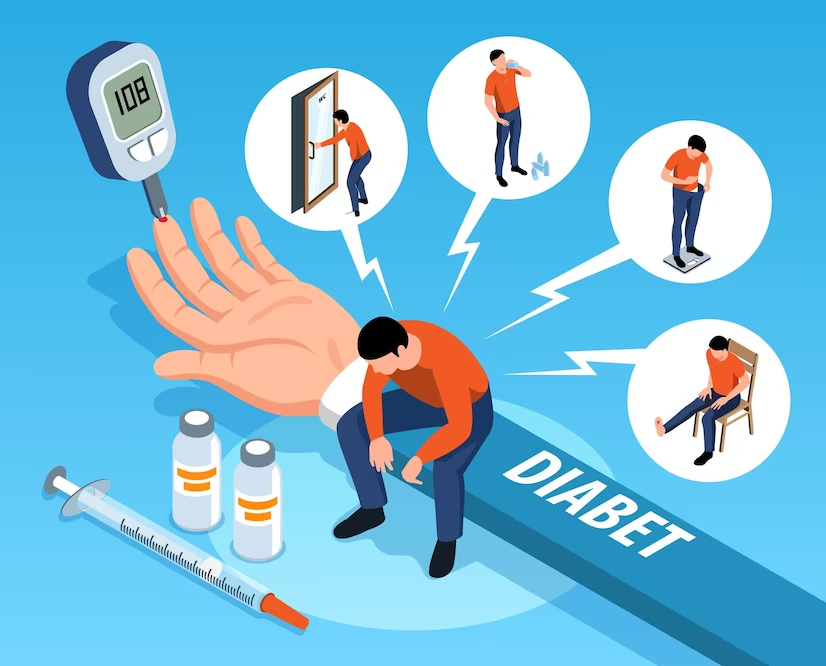What Will Happen If You Skip Dinner For A Month: Everyone waits for a sumptuous dinner at night after doing work at home and outside throughout the day. This not only kills our hunger but also gives energy to the body, have you ever thought that if you do not eat food for several days before sleeping, then what will be its effect on the body? Let us know what will be the result of skipping dinner continuously for a month.

What is intermittent fasting?
In the present times, the trend of intermittent fasting has increased a lot. People who follow this don't eat anything for 12 to 15 hours. This means that you have to complete your meal in the remaining time. In such a situation, you can complete this challenge by skipping dinner for 30 days.
Benefits of Intermittent Fasting
If you are doing intermittent fasting without eating dinner, then many excellent results can be seen within a month.
1. Weight will be reduced gradually.
2. The risk of diabetes will decrease.
3. There will be no risk of heart attack.

4. Bad cholesterol will disappear from the veins of the blood.
5. There will be no complaints of high blood pressure.
6. Metabolism of the body will be boosted.
Disadvantages of Intermittent Fasting
According to India's famous nutrition expert Nikhil Vats, there is no doubt that intermittent fasting has its benefits, but it doesn't need to prove to be perfect for every person. Some people may also have to bear its loss.
1. Skipping dinner can hurt your mind.
2. This can irritate you.
3. Due to skipping dinner, the blood sugar level can go down a lot.
4. Skipping dinner can make your body weak.
5. By doing this some people may complain of dizziness.
6. There may be a deficiency of many nutrients including vitamins, and minerals in the body.
7. If you already have many health problems, do not do intermittent fasting at all.
(Disclaimer: The information given here is based on home remedies and general information. Must take medical advice before adopting it. Kalamtimes does not confirm it.)
Photo Credits: Google










